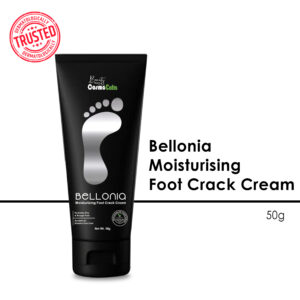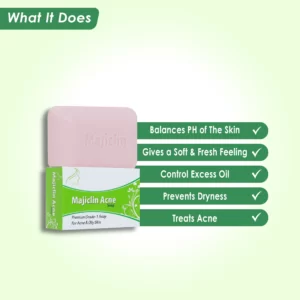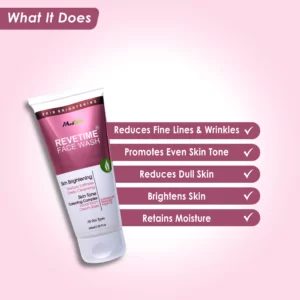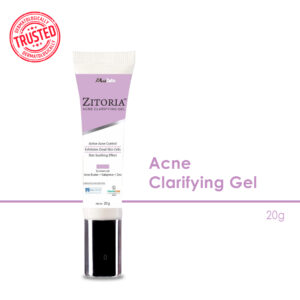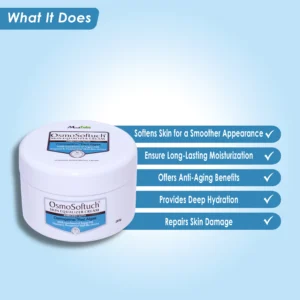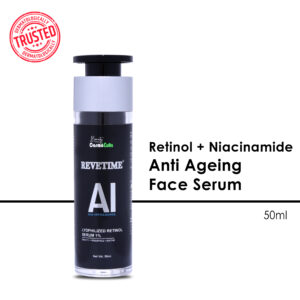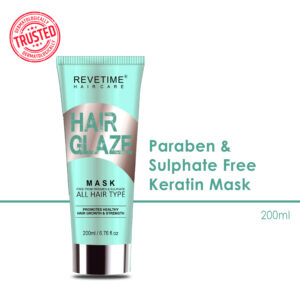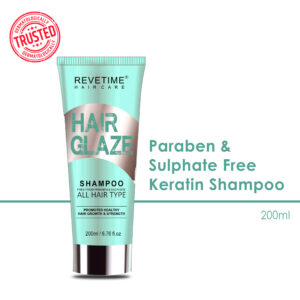Frequently Asked Question
- What is salicylic acid?
Salicylic acid is a beta-hydroxy acid (BHA) that is commonly used in the best skin care products for its exfoliating and acne-fighting properties. It is derived from the bark of the willow tree and helps unclog pores, reduce inflammation, and promote skin cell turnover. - How does salicylic acid work on the skin?
Salicylic acid works by penetrating the pores and exfoliating the surface of the skin. It helps dissolve excess sebum (oil), unclogs pores, and removes dead skin cells. This exfoliation process help improves acne, prevent breakouts, and promote smoother, clearer skin. - What skin concerns can salicylic acid address?
Salicylic acid is particularly beneficial for individuals with acne-prone or oily skin. It helps treat acne, reduce blackheads and whiteheads, and improve the overall texture of the skin. It also has mild anti-inflammatory effects, which help calm redness and irritation associated with acne. - How should salicylic acid be incorporated into a skincare routine?
Salicylic acid is commonly found in various best skin care products, including cleansers, toners, serums, and spot treatments. It is typically applied after cleansing and toning, but before moisturizing. Start by using it once a day or every other day to assess your skin’s tolerance, and gradually increase the frequency if well-tolerated. Follow the instructions provided by the product manufacturer for the best results. - Can salicylic acid be used on all skin types?
Salicylic acid is generally suitable for most skin types, but individuals with dry or sensitive skin should use it with caution. Lower concentrations of salicylic acid or buffered formulas are more suitable for those with sensitive skin. It’s advisable to perform a patch test and consult a dermatologist if you have specific concerns. - Can salicylic acid cause skin dryness or irritation?
Salicylic acid cause dryness or irritation, especially when used in high concentrations or for individuals with sensitive skin. It’s important to start with lower concentrations and gradually increase usage to assess tolerance. If dryness, redness, or irritation occurs, reduce the frequency of use or discontinue use and consult a dermatologist if necessary. - Can salicylic acid be used alongside other skincare ingredients?
soap with salicylic acid are used in combination with other skincare ingredients, but it’s important to be cautious when combining multiple active ingredients. Avoid using salicylic acid with other exfoliating ingredients (such as retinol or other AHAs) to prevent over-exfoliation and potential skin irritation. Consult a dermatologist or skincare professional for personalized advice. - Can salicylic acid be used during pregnancy or breastfeeding?
It’s generally recommended to consult with a healthcare professional before using salicylic acid or any other skincare ingredient during pregnancy or while breastfeeding. While topical use of salicylic acid is generally considered safe in low concentrations, it’s best to seek professional guidance to ensure the safety of both the mother and baby.


